Typecasting
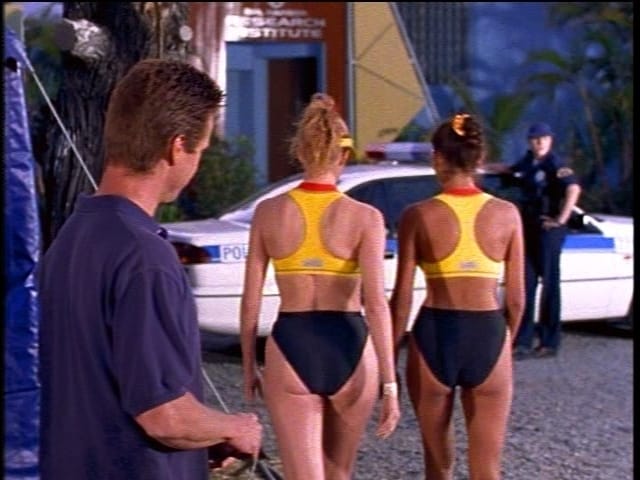
In the last Know Small Parts newsletter, Targeting your type, I talked about the importance of knowing what you're selling as an actor, and how to determine your casting "sweet spot."
Typecasting
One of the more popular questions I get from actors starting out is, "How do I avoid typecasting?" I have an assortment of answers but first I have more questions.
- Are you currently being cast in the same role over and over?
- Is it noticeable? Have the roles been seen by millions of viewers?
- Do people recognize you as a particular character or role-type?
- Are there a lot of roles/opportunities for your type?
- Can you get any work at all in other types of roles?
- Do you like playing the type?
- Does it make you unhappy somehow?
Depending on your answers, I might have a bigger question – why would you want to avoid being cast as something people agree shows off your look and skill set?
Pros and cons of typecasting
Many actors love to show off their range. I'll admit that after a run of playing women with little too say and even less to wear, I could be caught saying snide things like, "For this I studied Shakespeare." It wasn't that I wasn't grateful for the work as scantily-clad women, it was that I hungered for roles that would show people what I was capable of as a well-trained working actor.
But there is another way to look at that period of playing strippers, adulterers, and women in bikinis. I was allowed to explore characters with whom I often had very little in common. And I was able to bring dignity to characters that might normally be overlooked or stereotyped. I was given an opportunity to find nuance and details that could bring those characters to life as individuals.
Typecasting doesn't have to give in to stereotypes. In fact – I've found that the more depth and texture I bring to "types," the more likely I am to book the job and bring something fresh to the role.
For me, the bottom line on typecasting is – unless or until you're famous for something, typecasting is probably not your problem. Until people recognize you, I would focus on being cast.
Get a subscription to the Writing Unblocked Newsletter and get the Writing Unblocked ebook as my gift to you!
What if you don’t like your type?
It's possible that you don't like the roles coming your way. Some of my friends were in both Django Unchained and 12 Years a Slave and suddenly only received auditions to play slaves or racists. A couple of them talked about the impact of having to say and/or hear the n-word repeatedly. You can always turn down a role, but if you don't like the roles coming your way, it might be time for a makeover of some kind.
In the last newsletter, we worked on figuring out how others see us. What if you didn't like your feedback? What if you have no desire to play the thing that keeps making you money? If we work in an industry where books are judged by their covers, maybe you need a new cover.
If you’re unhappy with how we see you, change what you’re presenting. Some changes you can make to the way others perceive you are temporary. Others are more permanent. Before making any major change, you may want to consult with your reps. Rebranding can be a team effort.
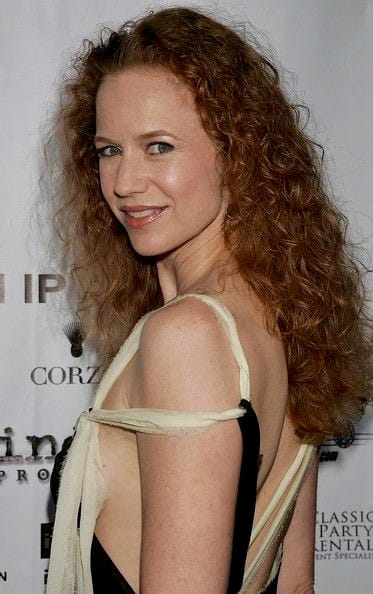
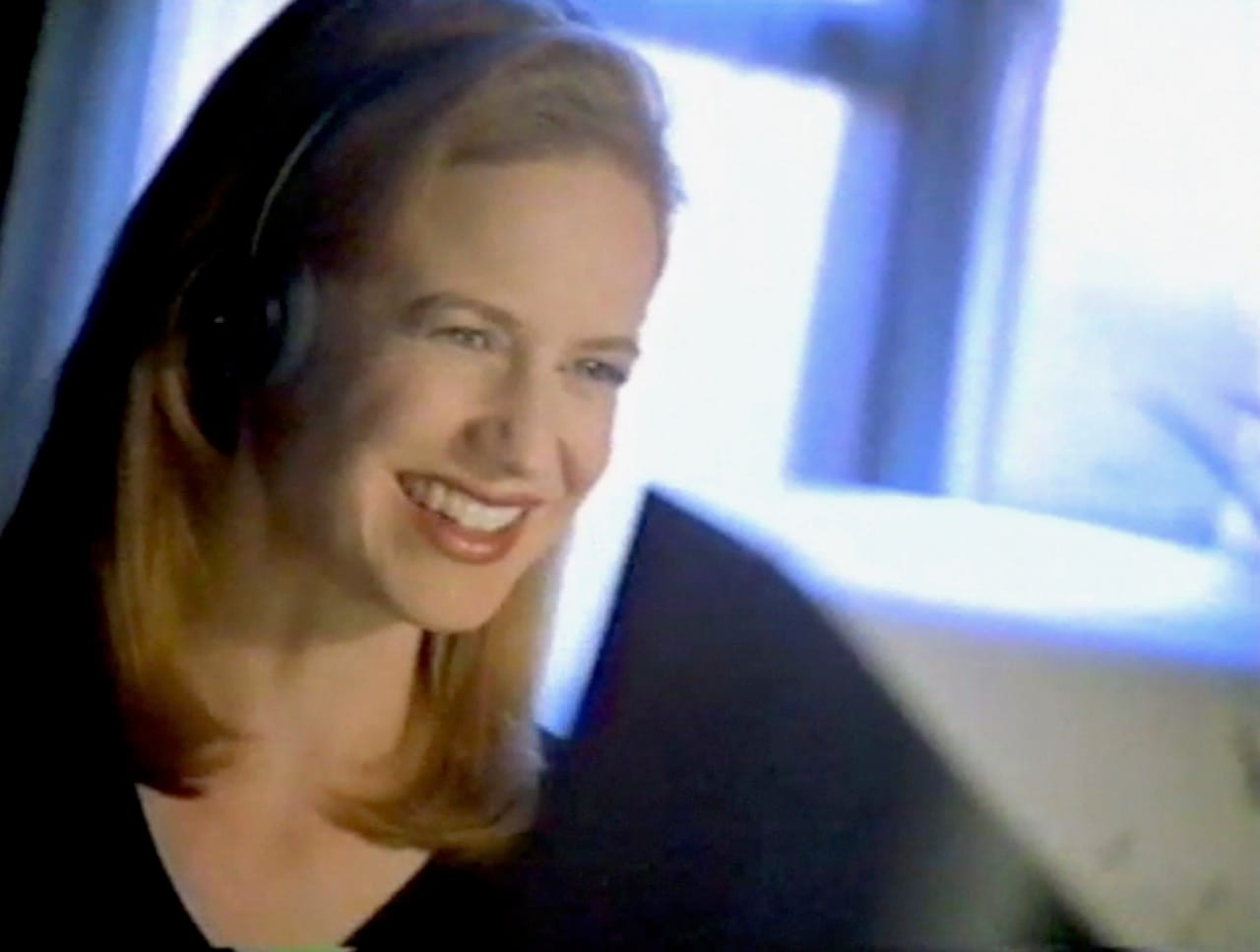
Changes: temporary -vs- permanent
In real life there are plenty of fathers with long hair, but if you're trying to be seen as a typical dad in America, your odds are better if your hair is short – simply because that's the hairstyle most frequently chosen by fathers here. Making a temporary change gives you the opportunity to see if the change impacts your casting without having to make a permanent alteration to your appearance.
temporary:
- haircut/change of hairstyle
- shaving/growing facial hair
- change color of hair/eyebrows/facial hair
- short-term weight gain or loss
- change of clothing style/personal style
- henna tattoos/temporary tattoos/covering existing tattoos with makeup
- shoe lifts/high heels
- padded bras/corsets/Spanx and other temporary body sculpting
"Permanent changes" often come as a result of something changing in our personal life rather than a desire to change our casting. I recognize that nothing is truly permanent but these changes tend to require a rebranding complete with new photos.
permanent:
- visible tattoos, especially face/neck
- gender/identity change
- mobility changes/wheelchair use
- prosthetics/visible health devices
- aging
- plastic surgery
- longterm and/or medically-induced weight gain or loss
- body sculpting – surgical or via training
Whether you're trying to shift the way casting sees you, adjusting to a health issue, or trying to own your truth as a person – making changes in your appearance, demeanor, vibe, and wardrobe doesn't necessarily mean you will be seen in a new way. I try to limit my permanent changes to alterations that are for me, my health, and my happiness, but I've seen many careers be impacted by changes made specifically to attract work.
Subscribe to the Know Small Parts Newsletter and get Chapter 2 – Breaking Down the Scene of my book as my gift to you!
Before you make changes
A few things to consider before making any kind of change for casting reasons.
Check your skill set
It's possible that there's nothing wrong with your look/vibe and you just need to work harder on your acting skills and/or your audition technique. Maybe you need more training. Maybe taking/getting back into a class would put you on track. Maybe you need some time with a private coach (like me!). Professional athletes work out regularly whether or not they're competing. Actors need that same level of dedication and practice to be ready when cameras roll.
Check your ego/self-esteem
Many actors are very hard on themselves. When we don't get work, we tend to assume it's something we "did wrong" or that we simply weren't "enough." That makes the rejection feel personal. It's not. You weren't the right person for that role in that project for reasons you may never know. Next!
It’s their job to say you’re not right for the part – not yours. If they called you in, they think you might be right for it. If you’re at a callback, they’re considering you for the role.
All of us have looked at a breakdown or character description and thought – I'll never get this part. When I was 31, I got my first feature film role – as a 19-year-old TV star playing a 17-year-old in a sitcom. If I'd seen that description, I would've probably said I was too old for the part. I might even have felt ridiculous about auditioning and concerned about getting "caught" being too old. BUT, the part was written for me so I know they thought I was right for the part.
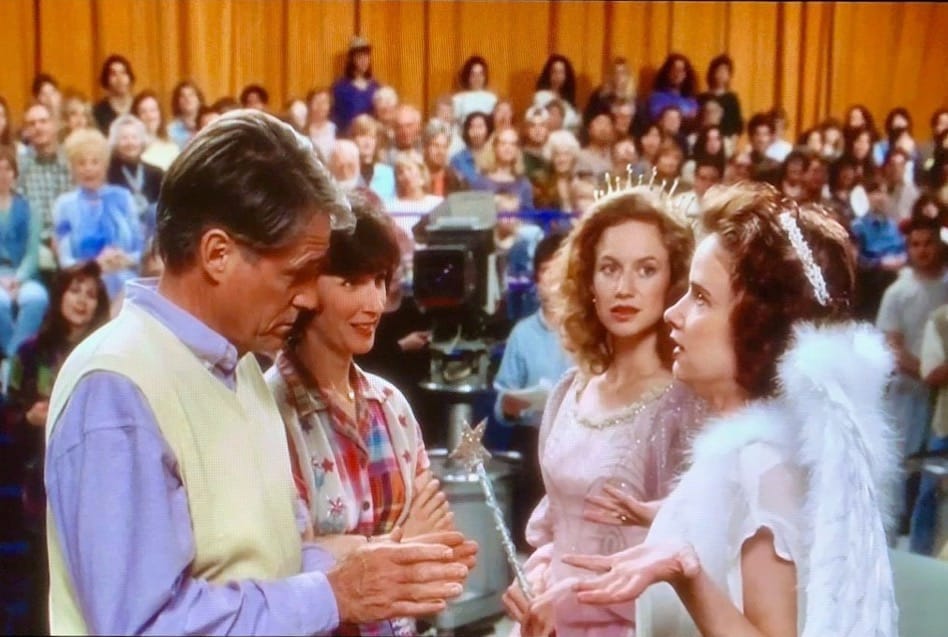
Perception is tricky and we don't always know how others see us. Whether the part calls for someone more (or less) physically fit, educated, worldly, etc. than you are is irrelevant. If the casting director wants to consider you for the role, let them. I've played parts described in the script as "male," "petite" (I'm 5'10"), "heavyset" (nope), "in her 80s" (not yet), as well as a serial killer and three hitmen, including an Italian mob hitman. I'd like to believe that sometimes I got those parts because I was so irresistibly talented, but often it's because the character descriptions aren't necessarily important.
Maybe the writer really cared that the lead was a brunette. Maybe they were basing the character on someone they know or an actor they pictured in the role. But the writer is rarely part of the casting process, so if being brunette isn't important to the story, it might have nothing to do with what the directer/producer/studio is looking for. Maybe casting thought the hero role called for someone who looked like a body builder, but the director sees the character as more of an everyman. It’s not your job to know what casting is looking for – it's your job to show them what you would do if you got the role.
Get a subscription to the Writing Unblocked Newsletter and get the Writing Unblocked ebook as my gift to you!
Check your expectations
Maybe your expectations for your career are too high, but I've seen plenty of people achieve amazing and unlikely things. It's hard to know who's got a bright future and how you might fit into the industry.
I once cut my hair from long to shoulder-length and got three commercials in a month. That said, the shorter hair may have cost me some of my more sultry film and TV roles.
I remember a conversation with a young woman determined to enhance her breasts for work, "to get more jobs." I asked who her favorite actors were and she rattled off Meryl Streep and a few other Oscar-winners. I pointed out that none of those women were cast for their figures. If she had the surgery for career reasons, it might not lead to the outcome she was working toward.
I personally try to stick to making changes that make me feel better about myself in my day-to-day life. If they don't help me get more work, at least I liked the change.
Check your representation
Maybe the reason you're not getting parts in your category is that your agent and/or manager (or even you if you're self-submitting) has miscalculated your casting "sweet spot."
It used to be that actors were in waiting rooms together. We could see if everyone being called in for the part looked like us or if there were a variety of types being considered.
Being in rooms with lots of actors from your category made it easier to know how casting directors saw you. It made it easier to see if your agent wasn't in sync with your current casting. It gave you the information needed to have conversations with your reps about your age range and type. Without that, what's left is paying attention to who gets hired for the parts you wanted – which provides substantially less useful information and can fuel disappointment over not getting the part.
Without "the rooms," the best way to figure out if you're being submitted correctly is to have a conversation with your reps about how they see you and what parts they think you're right for. Or you can try using the Casting Exercise from the previous post.
Subscribe to the Know Small Parts Newsletter and get Chapter 2 – Breaking Down the Scene of my book as my gift to you!
Check your wallet
Making changes to your physical appearances can be exciting, liberating, and energizing. Even just a new hairstyle can change the way the world sees you. Which is why any major change to your appearance will be accompanied by additional time and money expenditures.
If you're just updating your look, maybe all you need is some new headshots. If you're rebranding, you might be changing everything from your website to your avatar.
Before making changes that require new photos and/or rebranding, it can be good to consult with your reps so you can get on the same page about your new look and its impact on your casting.
Bottom line
Unless typecasting is interfering with your ability to be seen as anyone outside of your category, typecasting is another word for casting.
You can make changes to guide people's perception of you.
You can own your type and embrace your niche. More on that in the next newsletter!

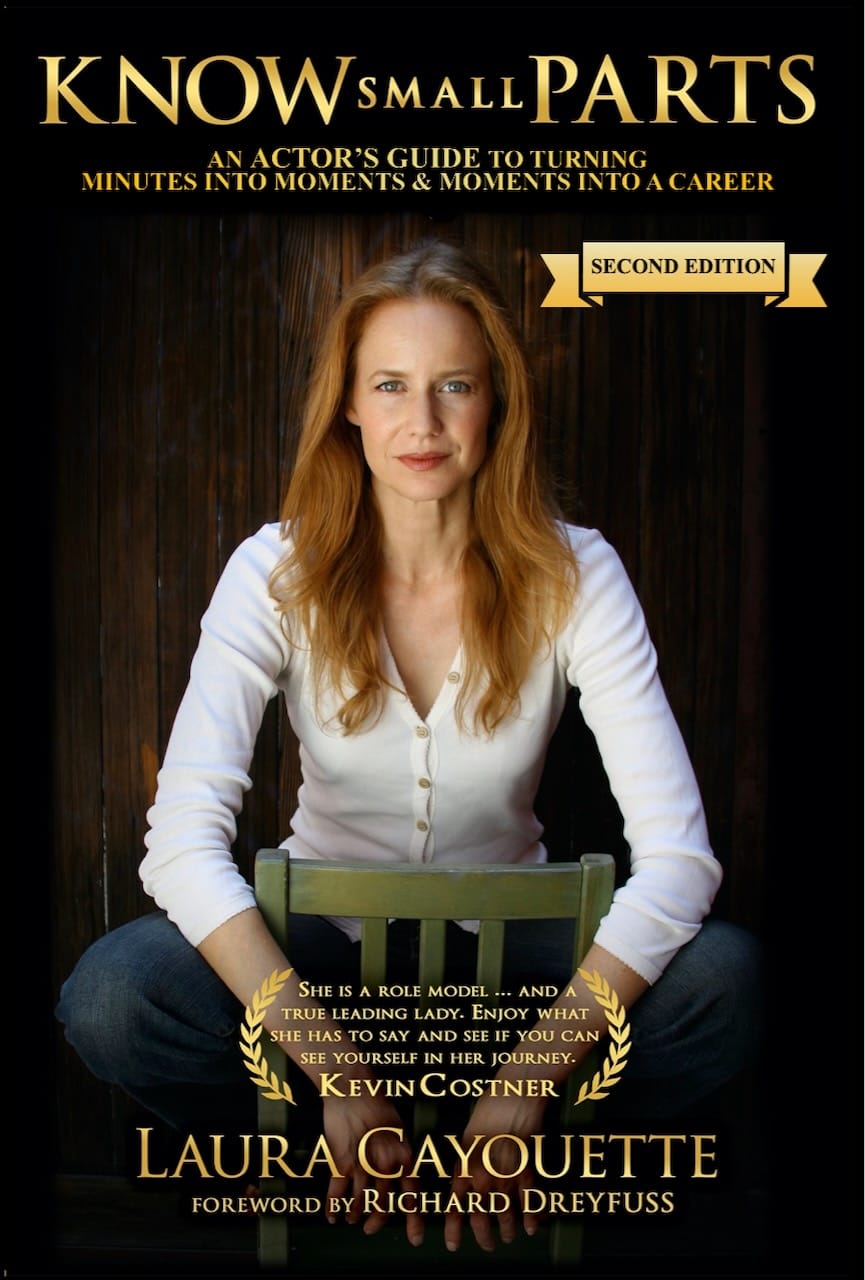
Comments ()